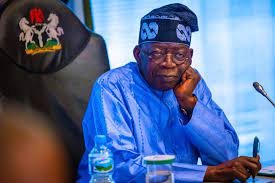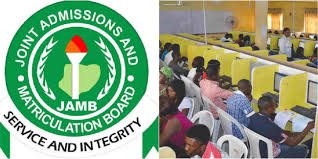The Nigerian Society of Engineers (NSE) has identified the inconsistency of government policies on foreign exchange regimes, hostile import licensing policies, the unavailability of constant power supply, and the rising cost of alternate energy as key factors causing the continuing decline in the nation’s manufacturing sector. The society expressed concern that successive governments failed to prioritize the nation’s technological advancement by involving engineers.
During a pre-event press conference in Abuja, NSE President Tasiu Gidari-Wudil highlighted these issues while announcing the theme of the upcoming annual national engineering conference and general meeting: ‘Re-engineering the Manufacturing Sector for Competitiveness and Enhanced Economic Growth.’
Gidari-Wudil lamented the gradual erosion of Nigeria’s non-oil export performance, which showcased strength in the 1960s and 1970s. He emphasized that industries in sectors such as textiles, coal, rubber, and hides and skins, which used to be significant contributors to the economy, were now moribund or no longer existent. Factors such as inconsistent government policies, unstable foreign exchange regimes, hostile import licensing policies, insufficient power supply, and rising energy costs were identified as reasons for this decline.
Read Also: 29 Premature Babies Evacuated From Gaza Arrive In Egypt
The NSE president further highlighted the impact of these inconsistencies, citing the closure and departure of several international conglomerates from Nigeria, including Volkswagen, Michelin, Procter & Gamble, ISO Glass, Universal Steel, Universal Rubber, NASCO fibre, GSK Pharma, Tower Aluminium, and more. He also drew attention to the Ajaokuta Steel Manufacturing Company, which, despite being a government-owned concern, has never produced a single length of steel and has been left to deteriorate.
Gidari-Wudil stressed the importance of involving the NSE in solving the challenges faced by the manufacturing and infrastructure sectors, emphasizing that the society boasts the best engineers in Nigeria.
Additionally, the NSE plans to address the adoption of concrete technology during the conference, examining the advantages and disadvantages of different methods and sharing its position on the matter.
The national engineering conference and general meeting, scheduled to commence on Tuesday, November 28, 2023, promises to be a significant event. Distinguished guests, including President Bola Tinubu as the Guest of Honour, Vice President Sen. Kashim Shettima receiving the Honorary Fellowship award, as well as Ministers such as Nyesom Wike (Federal Capital Territory), Abubakar Momoh (Niger Delta Affairs), Joseph Utsev (Water Resources), and others, are expected to attend the opening ceremony.






















